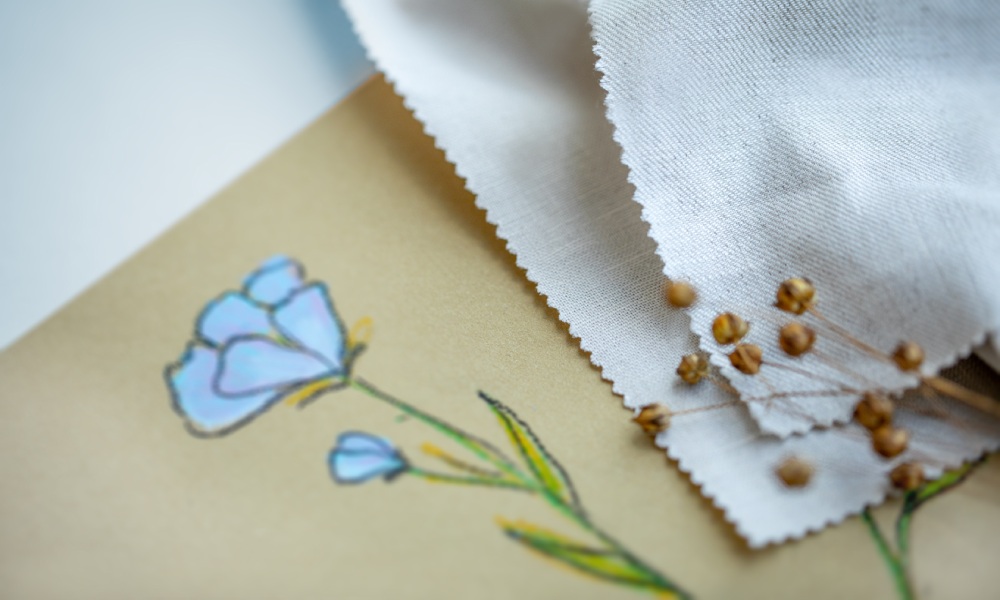
Environment
Climate challenges are an area on which LPP’s strategic initiatives have been focused for several years now. Our actions are based on scientific research, as only then can we be sure that our solutions will have a real impact on implementing positive environmental change.
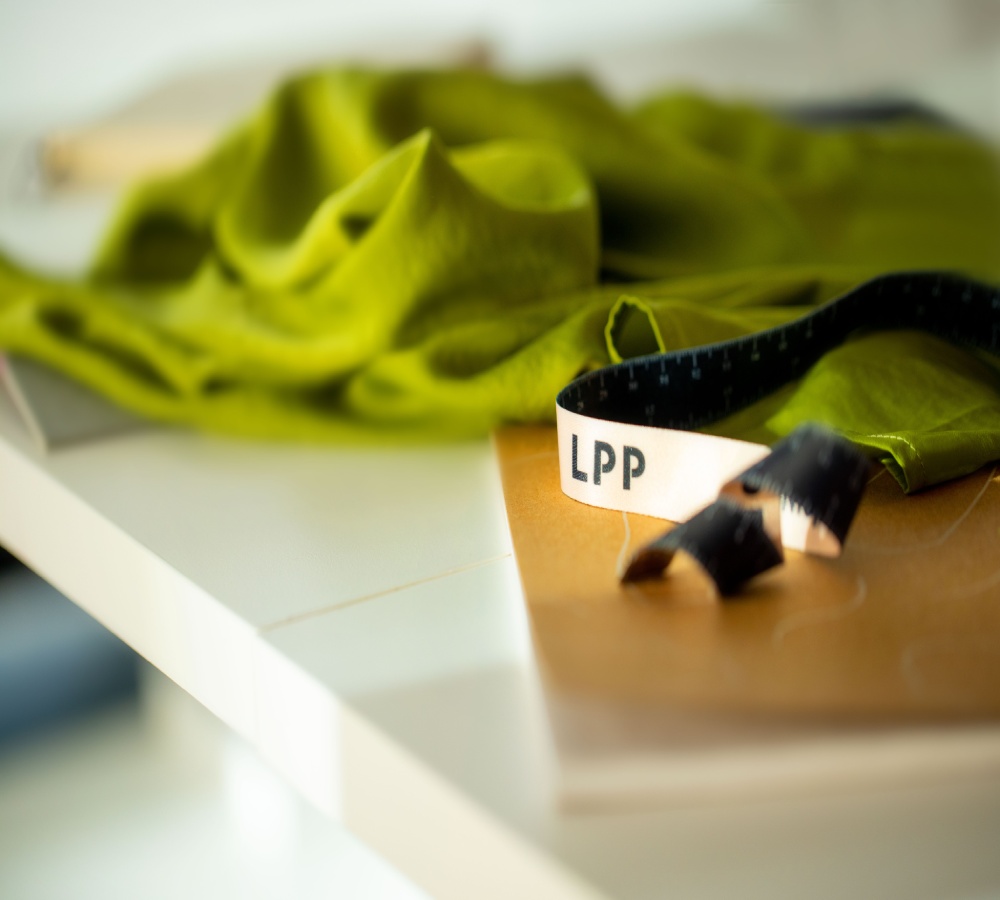
Emissions
Our decarbonisation goals have been scientifically verified and approved by the international Science Based Targets (SBTi) initiative. They include a plan to reduce greenhouse gas emissions by 2030 in categories that most significantly contribute to our carbon footprint.
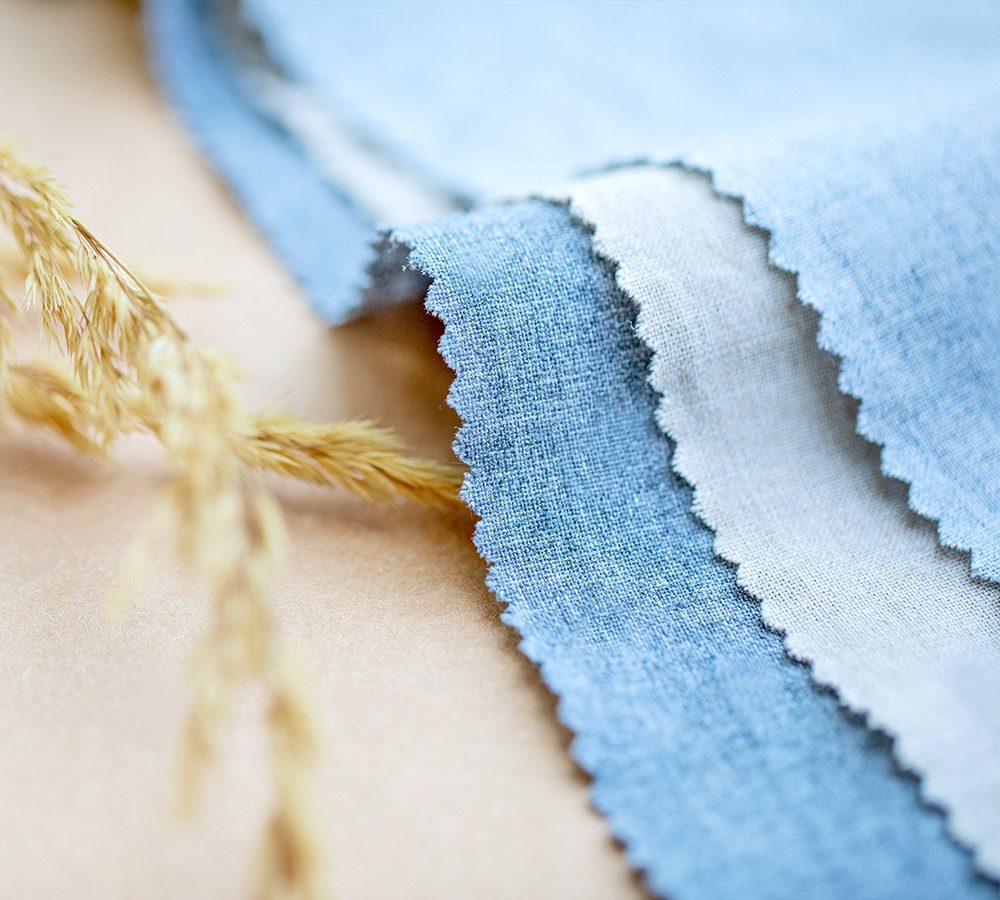
Circularity
We are already working on solutions in the spirit of circular economy to turn textile waste into resources in the future.
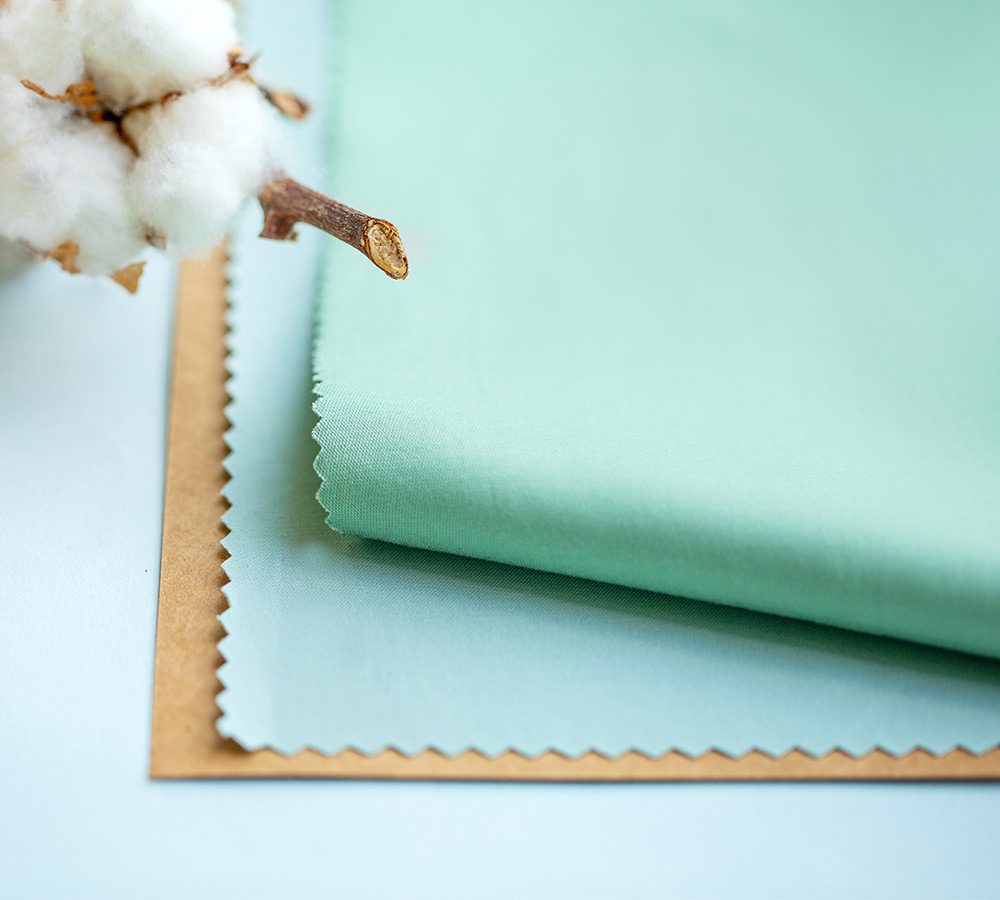
Materials
We carefully monitor the market for certified raw materials and seek solutions for recycling and reducing our carbon footprint.
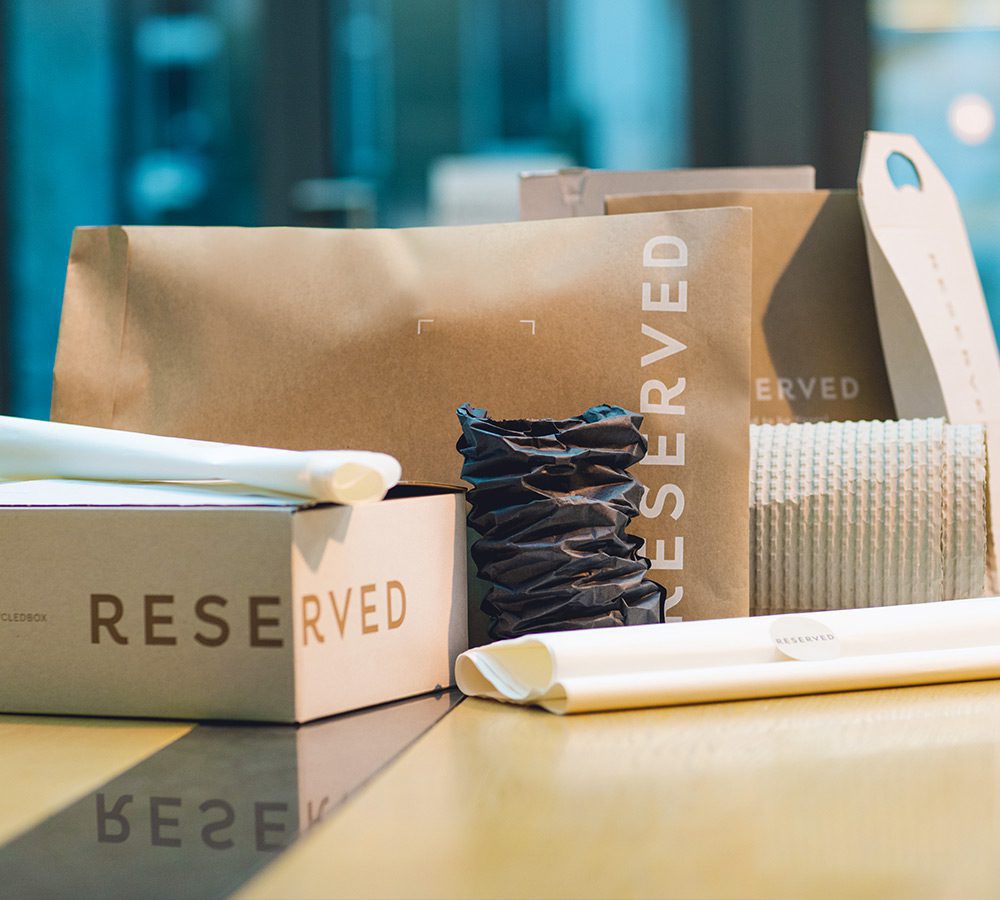
Packaging
We have made major changes to reduce the amount of packaging waste generated in the process of garment packing, repacking, and shipment.
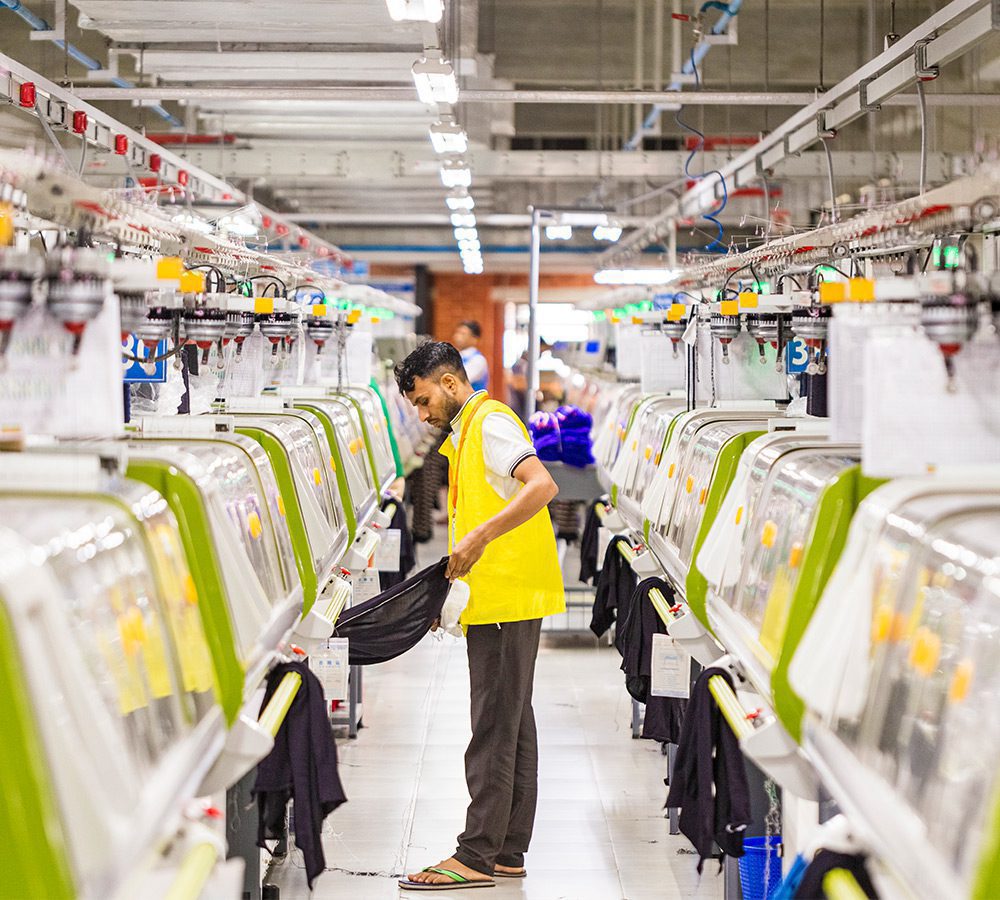
Production
The garment production process in the clothing industry is one of the elements with the most significant environmental impact. We mindfully plan the order process with our suppliers.
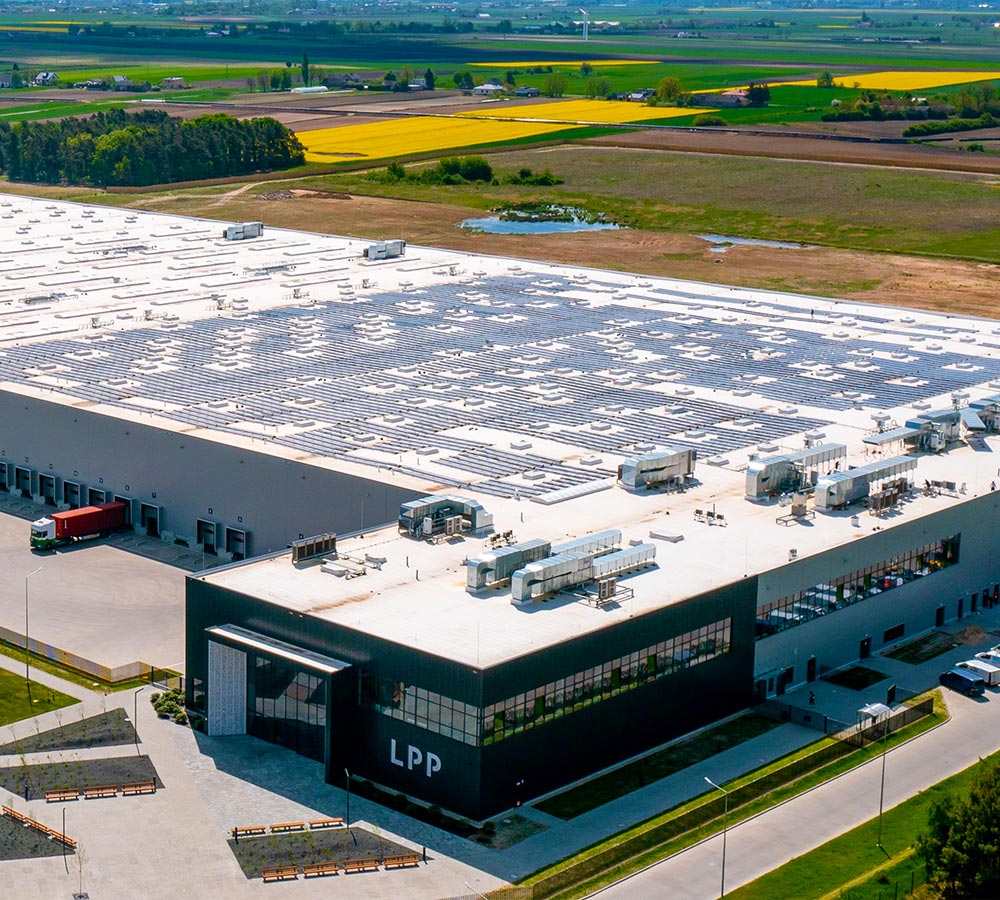
Energy-efficient buildings
We are committed to making our buildings – offices, warehouses and shops – less energy-intensive and fitted with low-carbon solutions.


